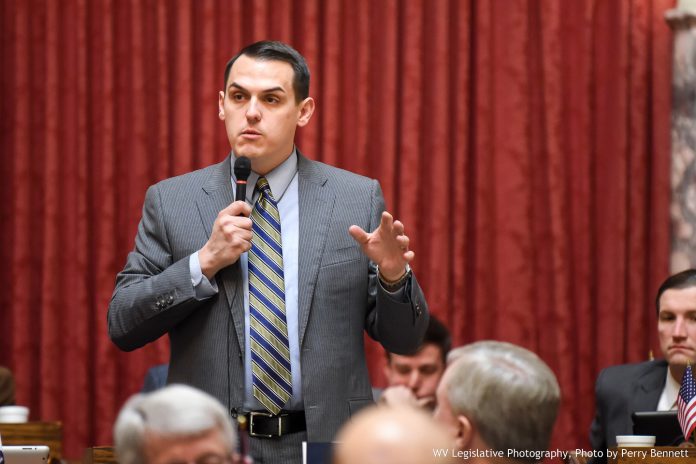Legislation to Limit Time the State Can Intervene in County Schools Advances
Periodically, inspectors from the state’s Office of Education Performance Audits (OEPA) arrive in a county and a school district to perform an audit. Typically, they have been informed of serious problems which exist in the county ranging from failing infrastructure, poor student test scores and/or financial issues.
Once it is determined that the problems are too great for the county to handle on their own, the state steps in and takes control of the school district. A takeover is composed of the commandeering of day-to-day control of district operations and decision-making in an unsuccessful or failing school district. This includes the school finances, personnel, school calendars and curriculum.
Last May, following over a decade of oversight and control by the West Virginia Board of Education, control of the McDowell County school system was returned to county school administrators. Lawmakers in the House of Delegates believe there can be a more efficient way of doing this to include the local school authorities in the planning and implementation of the corrective measures to improve school performance.
House Bill 4336 would state that once the state school board intervenes in the operation of a county school system or directly in the operation of a school, they could not intervene for more than five consecutive years. At the end of the five year period, the state board would relinquish control of the school system or school back to the county board.
The bill also states that during any period where the state school board intervenes in the operation of a county school system or school, it would be required that the county board be actively involved in the intervention and improvement process to assure sustained success of any deficient school system or school.
At a minimum, the county board would be required to work in tandem with the county superintendent to gather, analyze and interpret data, write time-specific goals to correct deficiencies, prepare and implement action plans and allocate or request from the state board of education the resources, including board development training and coaching, necessary to achieve and sustain the required improvement and sustained levels of achievement expected of the county education systems.
Another important aspect of this proposed legislation would state that once control of the county school system or school has been returned to the county board from the state board of education, the state board could not intervene again for a minimum of three years unless a public hearing is held in the affected county and the concerns of the citizens in that county are heard
The lead sponsor of the bill, Delegate Justin Marcum, represents another county affected by a state takeover of their county school system.
“Residents of Mingo County are extremely frustrated at the state Board of Education’s insistence on maintaining control of the county school system despite still not producing the desired improvements,” Marcum said. “This bill will correct that.”
Delegate Marcum has noted the bill is generating much interest at the Capitol because so many counties have experienced the same problem.
“We can’t even buy a pencil without state approval, and that is simply unfair and unjust,” Marcum said.
The bill passed the House of Delegates by a 95-1 vote and now is under consideration in the Senate.

